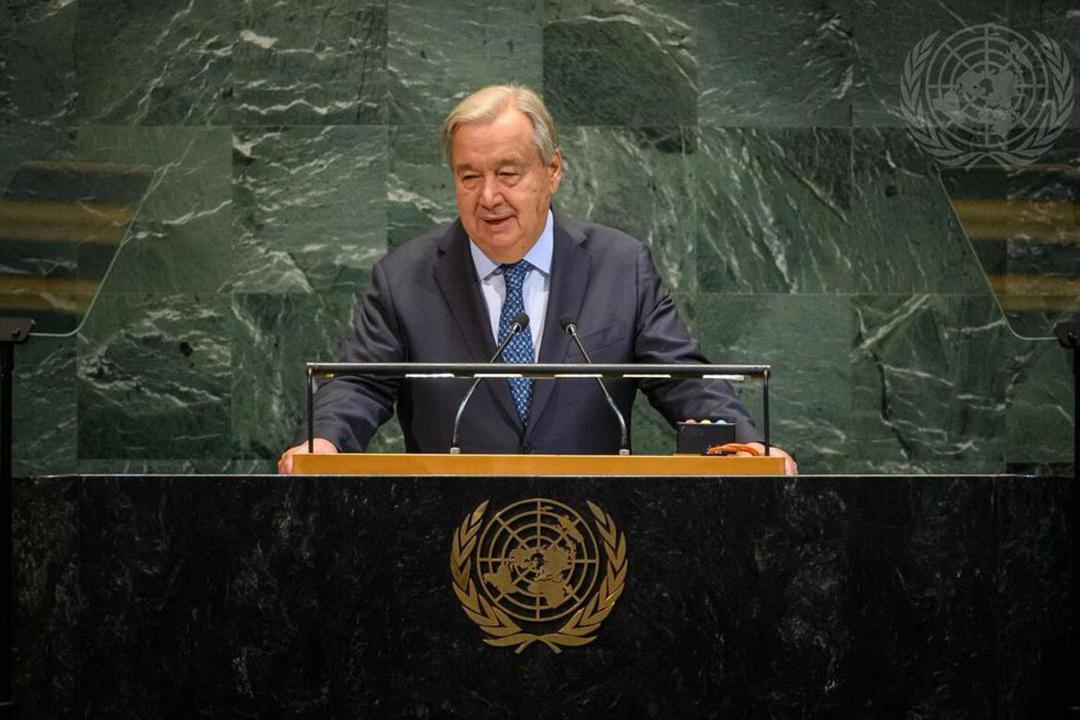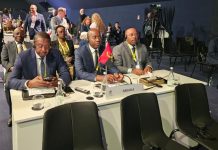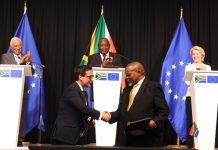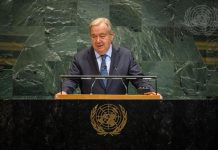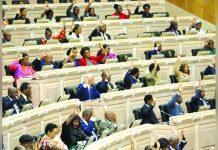Africa-Press – Angola. United Nations Secretary-General António Guterres described the fact that the African continent still does not have permanent representation on the UN Security Council as “scandalous” on Monday, in Luanda.
During a press conference at the National Assembly, after participating in a special plenary session in his honor, Guterres stated that the current United Nations system does not reflect contemporary reality, imposing unfair burdens on countries that are not responsible for the major global crises and continuing to exclude Africa from global decision-making centers.
According to the UN leader, maintaining the status quo is unsustainable and, therefore, he warned that, without profound reforms, future generations will suffer the consequences of decisions made by a limited number of countries.
Guterres referred to his recent participation in COP 30, held in Belém, Brazil, highlighting that the meeting achieved progress in areas such as climate adaptation and a just energy transition. However, he acknowledged that the results still fall short of what is needed to meet scientific demands and climate justice.
The Secretary-General warned of the effects of severe droughts affecting Angola, particularly in the south, with a dramatic impact on rural communities.
He therefore advocated for massive and immediate support to the most vulnerable countries, including Angola, to strengthen early warning systems, promote resilient agricultural practices, improve land and forest management, and accelerate a just energy transition.
“When we talk about degrees of warming, we are talking about human lives,” Guterres stressed.
The UN leader also revealed that, during the meeting with the Angolan President, he discussed the crucial role of youth and women in the country’s development, focusing on investments that guarantee peace, prosperity, and resilience.
He stated that the UN team in Angola is committed to supporting sustainable and inclusive development, with actions in the areas of education, health, social protection, governance, gender equality, economic diversification, and climate resilience.
In the context of the celebrations of the 50th anniversary of Angola’s independence, he praised the country’s journey, highlighting it as an example of post-war reconstruction, mediation and international solidarity.”The world has much to learn from Angola’s experience and resilience,” he stressed.
For More News And Analysis About Angola Follow Africa-Press

